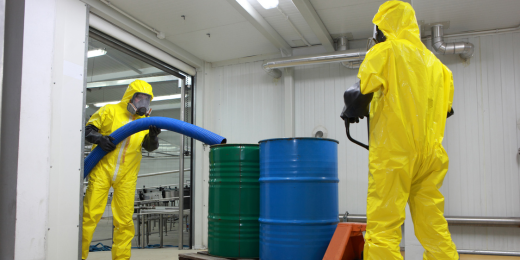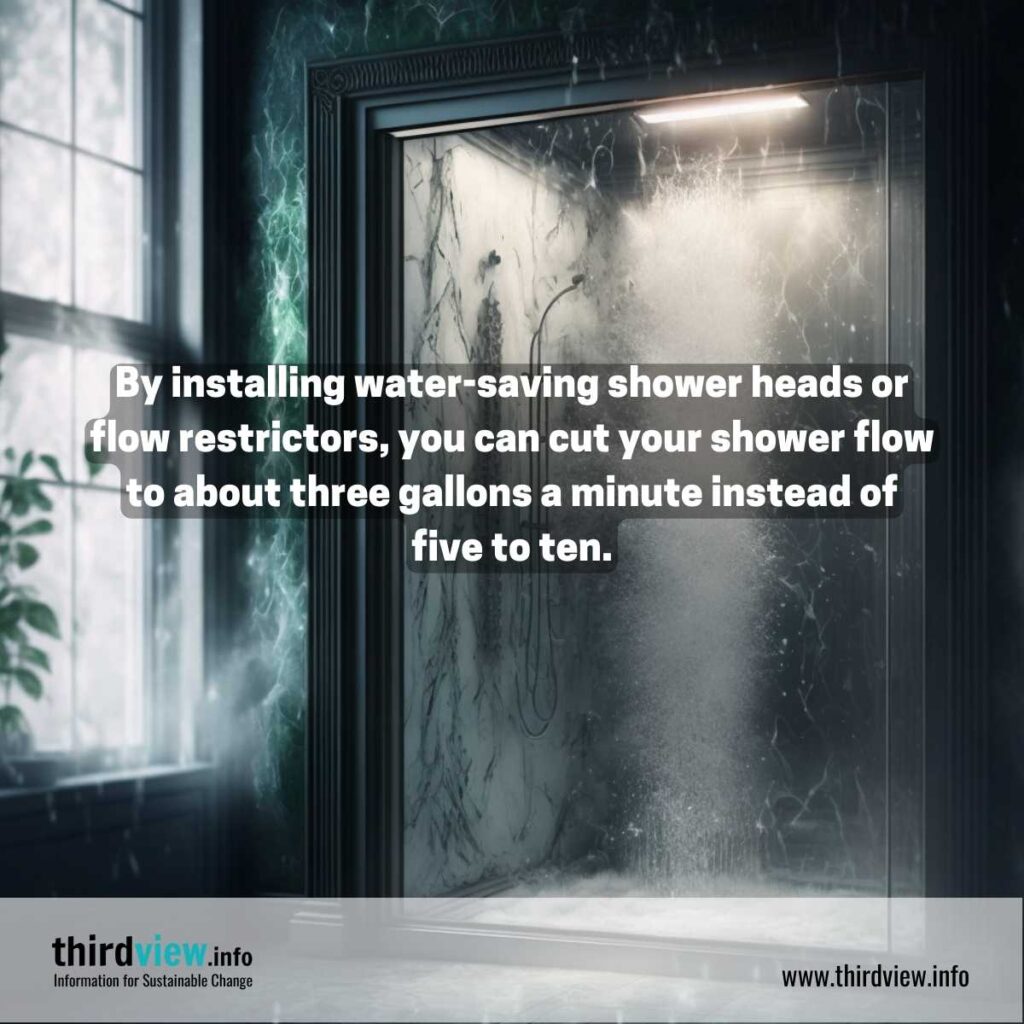Get This Report on Reclaim Waste
Table of ContentsThe Reclaim Waste IdeasReclaim Waste Can Be Fun For EveryoneThe Only Guide to Reclaim WasteReclaim Waste Things To Know Before You BuyThe 10-Second Trick For Reclaim Waste
Explore the kinds, incidents, and forms of fluid waste. Residential sewage waste refers to the waste and products from a household sewage-disposal tank. This kind of waste is developed by people in houses, schools, and other buildings. This only includes sewage-disposal tanks that have a drain area. The appropriate monitoring and disposal of residential sewage waste require liquid waste to be moved to a sewage treatment plant where the proper techniques and equipment are used to purify and throw away waste.
Business waste often includes potential hazards, such as combustible products or a blend of fluid and strong waste products, and requires an advanced and in-depth disposal procedure. The disposal of business waste normally includes the filtering of waste before transportation to make certain secure and correct disposal. Hazardous waste is created from by-products and runoff of industrial procedures and manufacturing.
This sort of waste can not use the exact same sewer administration transportation or processes as septic or industrial liquids. The hazardous waste management procedure requires the inspection and screening of fluid waste prior to it undergoes the disposal procedure (liquid waste removal). Runoff waste is the liquid waste that comes from runoff and excess stormwater in very booming areas or cities
Runoff waste can create contamination and flooding if not dealt with appropriately. Find out more regarding sewer cleansing and waste administration. Making sure proper waste monitoring can avoid catastrophes and reduce environmental damage. Both individuals in household settings and experts in industrial or production markets can profit from recognizing the processes and regulations of fluid waste monitoring.
Some Known Facts About Reclaim Waste.
Call PROS Solutions today to discover our waste administration and disposal solutions and the proper ways to look after the fluid waste you create.
(https://www.openlearning.com/u/leonaube-smse1x/about/)Do you recognize what occurs to your water when you pull the plug, purge the toilet or drain the washing maker? No? Well, it deserves understanding. This so-called 'wastewater' is not just an essential source yet, after treatment, will certainly be launched to our land, rivers or the sea. Utilized water from bathrooms, showers, bathrooms, kitchen area sinks, laundries and commercial procedures is referred to as wastewater.

water made use of to cool machinery or tidy plant and tools). Stormwater, a form of wastewater, is drainage that flows from farming and metropolitan areas such as roofs, parks, yards, roads, paths and gutters right into stormwater drains, after rainfall. Stormwater flows unattended straight to local creeks or rivers, ultimately getting to the ocean.
Reclaim Waste - Questions
In Queensland, most wastewater is treated at sewage therapy plants. Wastewater is carried from domestic or industrial sites with a system of sewage systems and pump terminals, understood as sewage reticulation, to a sewer therapy plant.
The Department of Natural Resources advises city governments about managing, operating click resources and preserving sewage systems and treatment plants. In unsewered locations, city governments may call for homeowners to install private or home sewer treatment systems to deal with domestic wastewater from toilets, kitchens, restrooms and washings. The Department of Natural Resources authorizes using family systems when they are confirmed to be reliable.
Most stormwater gets no treatment. In some brand-new subdivisions, therapy of some stormwater to remove litter, sand and crushed rock has begun making use of gross toxin traps. Wastewater therapy takes place in four stages: Gets rid of strong matter. Larger solids, such as plastics and other objects wrongly released to sewage systems, are gotten rid of when wastewater is travelled through screens.
Makes use of little living organisms knows as micro-organisms to break down and get rid of staying dissolved wastes and fine fragments. Micro-organisms and wastes are incorporated in the sludge.
Excitement About Reclaim Waste
Nutrient removal is not readily available in all sewage therapy plants because it requires expensive specialised devices. It is coming to be extra common in Queensland. Clear fluid effluent generated after treatment might still consist of disease-causing micro-organisms. If this effluent is launched right into rivers such as rivers or the sea, the micro-organisms will ultimately die out.

This generally implies wastewater has to be dealt with or pollutants gotten rid of prior to it can be discharged to rivers. Many wastewater flows right into the sewage system. Under the Act, city governments carry out authorizations and permits for eco relevant tasks (ERAs) entailing wastewater releases that might have a neighborhood impact. The division carries out authorizations and permits to ERAs including wastewater releases that may have a local or statewide impact.
The 5-Minute Rule for Reclaim Waste
Surveillance gives valid information regarding water top quality and can verify that licence conditions are being satisfied. The information obtained through tracking offers the basis for making water high quality choices.